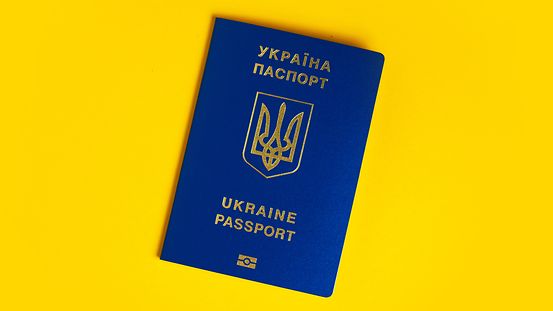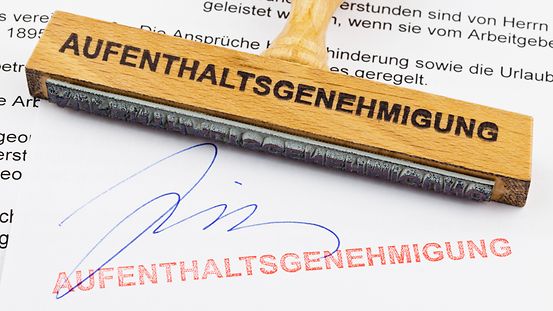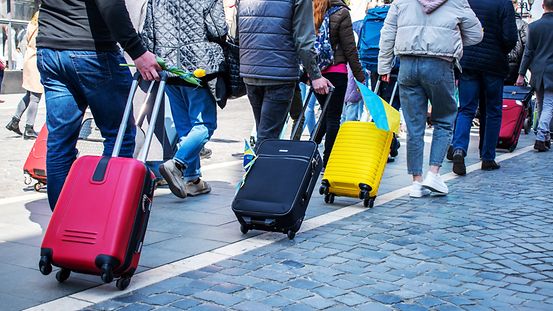In this section, you will find information about everything related to your entry, your residence in Germany and your return to your home country.
If you are in Germany due to the war in Ukraine and decide to obtain a long-term right of residence in Germany or to receive social support or to work in the short term, you can submit an application for a residence permit. This application can now be submitted quickly and conveniently to the Foreigners’ Authority via Germany4Ukraine.
Apply for a residence permit now
You can find a Ukrainian–German map here that will help you recognise German place names and find your way around Germany.



